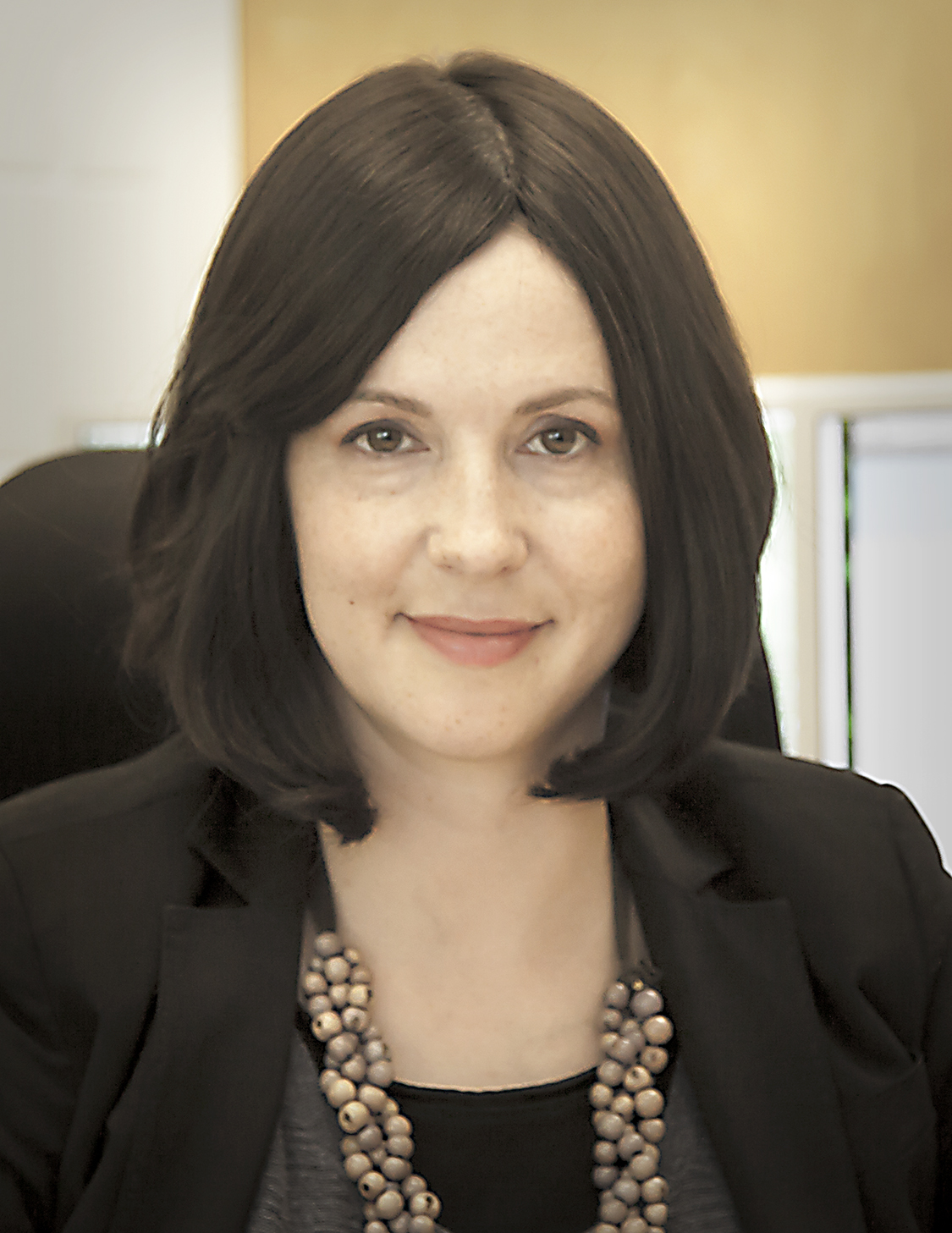Anne Staples wins Fulbright Scholarship to study coral reefs in Israel

Anne Staples, assistant professor of biomedical engineering and mechanics in the College of Engineering at Virginia Tech, will spend four months in Israel in spring 2016 developing computer models for water flow through corals.
The research will be supported by a 2015-16 Fulbright Scholarship.
The Fulbright Scholar Program is an international exchange program designed to create mutual understanding between people from different countries. Established in 1946, it is sponsored by the U.S. government and administered by the Council for International Exchange of Scholars.
Staples, whose research focuses on biological fluid dynamics, said it has become urgent to understand how water moves through corals.
“Coral reefs do so much for us that we don’t really think about,” Staples said.
Corals are an integral part of ocean ecosystems, home to 25 percent of marine life despite covering only 2 percent of the ocean floor. But corals are increasingly threatened as oceans become warmer, more acidic, and more polluted.
Staples said to protect corals and preserve their role in the ecosystem, it’s vital to understand how they behave. One of their remarkable properties is their ability to change the ocean’s currents, she said.
Corals’ stony skeletons are studded with holes that house the coral polyps, which are immobile and rely on the water flowing past them for food. The skeletons’ shape is designed to maximize that water flow.
“The more water they can push through their centers, the more nutrients they get,” Staples explained.
They are extremely efficient — one study estimated that corals absorb up to 97 percent of a wave’s energy. This ability is a boon to nearby coastal communities, which corals protect from storm surges and tsunamis.
Staples’ work in Israel will focus on understanding exactly how corals’ shapes affect the way water flows through them.
She will be collaborating with Uri Shavit, associate professor with the Environmental Fluid Dynamics Research Laboratory at the Technion-Israel Institute of Technology. Shavit’s laboratory acquired a large collection of illegally harvested corals seized by the Israeli government and has been measuring how water moves through their intricate shapes.
Staples will work with Shavit to develop computer models that can describe the water flow for these corals, using Shavit’s experimental data to test the models’ accuracy. The goal is to develop a computational model that will be accurate for a wide range of ocean conditions — far more than could ever be tested experimentally.
Most previous models have just studied the way water flows around a coral, and ignored the water flow within it. Staples hopes that her model will be able to connect those external currents to the complex flow patterns within the coral itself. “That’s the missing piece right now,” she said.
Filling in that missing piece could help scientists learn to better protect the ocean’s remaining corals — from oil spills, for example, which are carried into a coral by the ocean’s currents. And understanding exactly how corals draw so much water through their branches could help us design more effective artificial reefs for storm surge protection.
Staples’ interdisciplinary research will brings tools from fluid dynamics and applied mathematics to problems in marine biology and ecology. “It’s a really important problem that I feel like I can contribute to,” she said. “I can’t wait to go and do this.”
Staples is a faculty member in the Virginia Tech-Wake Forest School of Biomedical Engineering and Sciences, which is supported in part by the Institute for Critical Technology and Applied Science.




